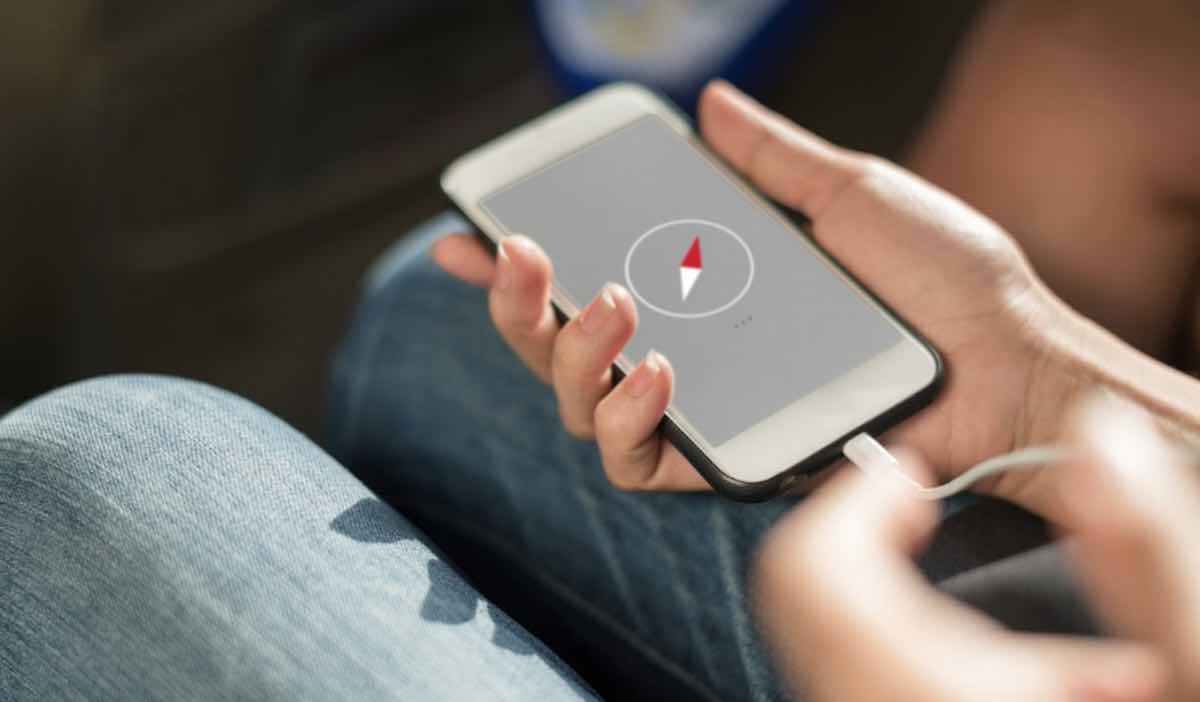In a “landmark” win for privacy, the US Supreme Court ruled that police will need a warrant in order to access a person’s cell phone location data.
The motion, which was passed in a 5–4 majority on Friday, is a definitive stepping stone to setting up a framework that protects Americans from law enforcement and government officials taking advantage of our technological lives.
“This is a landmark privacy case,” said Jameel Jaffer, director of the Knight First Amendment Institute at Columbia University, according to NPR.
“It’s also a very significant case for First Amendment freedoms — that is, for the freedoms of speech and the press and association. A government that can track your every movement without a warrant is a government that can freely monitor activist political associations, or monitor government employees’ contacts with the press.”
RELATED: In Landmark Case, South Korean Court Rules That it is Illegal to Kill Dogs for Food
Up until now, the technological right to privacy has been blurry. When consumers sign up for certain cell phone services and websites, it has been assumed that using these services means that the consumer is implicitly agreeing to cell phone companies being allowed to share their data with third parties.
While these cell phone companies have mainly collected location data for the sake of better service, police have gained access to the data in order to track certain people, the most notable incident being the recent arrest of Timothy Carpenter, who was captured because law enforcement officials used cell tower information to gather evidence against Carpenter in his trial. Carpenter was able to appeal to the conviction by arguing that police had invaded his privacy without a warrant.
The ruling, which was written by conservative Chief Justice John Roberts, will require further clarification, though he was quick to emphasize that the ruling will not apply to typical means of surveillance or law enforcement, such as security cameras and matters of national security.
MORE: California Becomes First State to Feed Chronically Ill With Specially Prescribed Meals
However, he did state that the authors of the Constitution would have found the blatant invasion of privacy in direct violation of the Fourth Amendment.
American Civil Liberties Union lawyer Nate Wessler said: “Today’s decision rightly recognizes the need to protect the highly sensitive location data from our cellphones, but it also provides a path forward for safeguarding other sensitive digital information in future cases – from our emails, smart home appliances and technology that is yet to be invented.”
(WATCH the interview below)




















